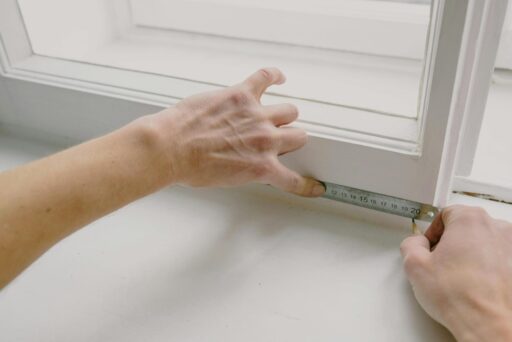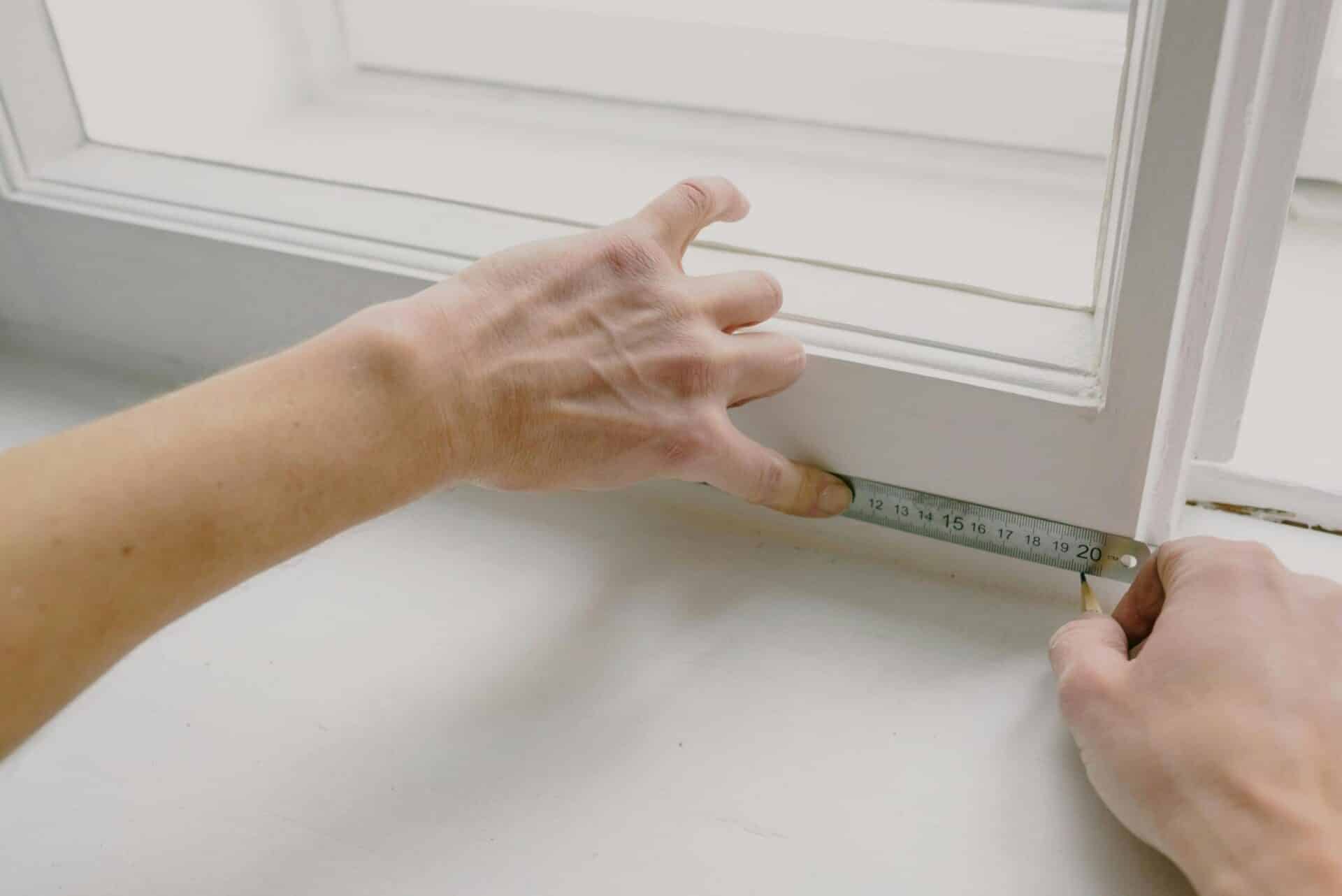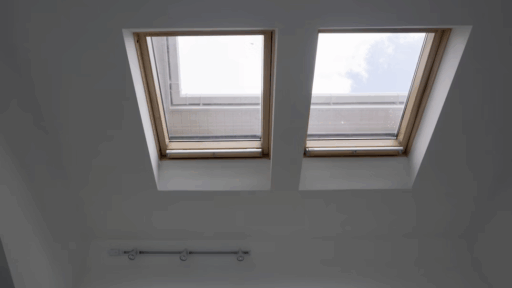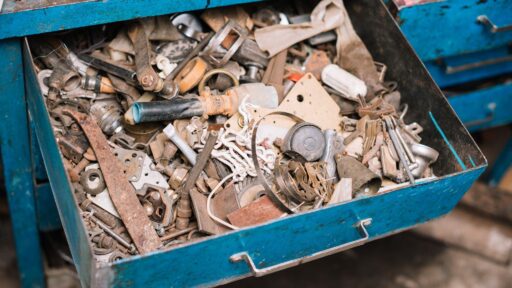Homeownership and renting both carry unique responsibilities, but one thing is certain: emergencies strike unexpectedly. Whether it’s a burst pipe at midnight, a sudden power outage during a storm, or a broken window from an accident, the key to minimizing damage is acting quickly and effectively. Many people panic in these situations, making mistakes that cost more money and stress. Having the right knowledge helps you stay calm, make informed decisions, and restore normalcy sooner.
Handling household emergencies like a pro doesn’t mean being a plumber, electrician, or contractor. It means understanding common problems and having a plan for each. Preparation protects your health, finances, and peace of mind. Here are five of the most common household emergencies, with steps for each situation. These solutions will help you recover with less stress.
Leaking Pipes
Few things can cause as much panic as discovering water gushing from a pipe. A burst pipe can flood your home in minutes, damaging walls, flooring, and personal belongings. The first step is to immediately locate and shut off the main water supply valve. Most homes have this valve in the basement, crawlspace, or utility area. Once the water is off, open faucets to drain the remaining water and reduce pressure.
You’ll also need to contain the situation by using buckets, towels, or even a wet/dry vacuum to minimize standing water. The faster you remove excess water, the less severe the long-term damage will be. After containment, assess whether you can patch the leak temporarily using pipe repair tape or a clamp until a plumber arrives.
In cases of significant flooding, professional help may be necessary. Water can seep into drywall, carpet, and insulation, creating an environment ripe for mold growth. This is where water damage restoration services become invaluable to ensure your home is properly dried, sanitized, and safe for your family. Acting quickly saves your home’s structure and prevents expensive health hazards later.
Power Outages
A power outage can be frustrating and even dangerous, depending on the season and duration. The first step is to determine whether the outage is localized to your home or part of a broader issue in your neighborhood. Check your circuit breaker for tripped switches, and if everything appears normal, contact your utility provider to report the outage.
Once you’ve confirmed the source, focus on safety. Avoid opening your refrigerator or freezer to preserve food longer, and use battery-powered flashlights instead of candles to reduce fire risk. If you rely on medical devices that require electricity, have a backup power source, or relocate to a facility with reliable power.
Long-term preparedness is just as important. You should consider investing in a portable generator, extra batteries, or surge protectors to protect your electronics. Create a small emergency kit with essentials like bottled water, snacks, and a first-aid kit to make power outages more bearable. Being proactive can turn an inconvenient disruption into a manageable event.
Broken Windows or Doors
Whether caused by a storm, an accident, or even a break-in, broken windows and doors pose immediate safety and security risks. Your first priority should be to secure the area by removing glass shards and covering the opening with heavy plastic, cardboard, or plywood. Wearing gloves during cleanup is essential to avoid cuts.
If the damage is extensive, you might need to contact a professional repair service as soon as possible. Broken windows not only make your home vulnerable to intruders but also allow weather and pests inside. A quick temporary fix can buy you time, but don’t delay permanent repairs.
For long-term prevention, you can consider upgrading to impact-resistant windows or reinforced doors, especially if you live in areas prone to severe weather. This can improve your home’s resilience while reducing insurance premiums. Being proactive means the next unexpected impact won’t cause nearly as much stress.
Gas Leaks
Gas leaks are among the most dangerous household emergencies. If you ever smell rotten eggs or hear a hissing sound near gas appliances, act quickly. The first step is to leave the house and avoid using electrical switches, phones, or anything that could create a spark. Call your gas company or emergency services once you’re safely outside.
After the leak is contained by professionals, it’s important to identify the root cause. Faulty appliances, aging pipelines, or poor installation can all contribute to leaks. Have your system inspected annually by a licensed technician to prevent future emergencies.
Investing in carbon monoxide detectors and natural gas alarms adds another layer of safety. These devices provide early warnings, giving you precious time to act before a small issue turns catastrophic. Handling gas emergencies responsibly will protect your property, but also the lives of everyone in your household.
Kitchen Fires
The kitchen is one of the most common places for household and business emergencies. If a small fire breaks out, never use water to extinguish it because it can cause the flames to spread. You should smother the fire with a metal lid, baking soda, or a fire extinguisher specifically rated for grease fires.
If the fire spreads beyond control, evacuate immediately and call emergency services. While it’s tempting to grab belongings, your priority should always be personal safety. Once the fire is out, have your kitchen inspected for damage before using appliances again.
To prevent kitchen fires, practice safe cooking habits like never leaving food unattended on the stove, keeping flammable items away from burners, and cleaning grease buildup regularly. Staying sharp can keep the heart of your home safe and functional.
Final Thoughts
Household emergencies are stressful, but they don’t have to become disasters if you’re prepared. Understanding the right steps to take in situations like burst pipes, power outages, broken windows, gas leaks, and kitchen fires helps you respond with confidence and minimize long-term damage. Each emergency has its own risks, but the consistent thread is the importance of acting quickly, staying calm, and knowing when to call in professionals.
Preparation today is an investment in your safety and peace of mind tomorrow. Stock up on essential supplies, learn where shutoff valves and circuit breakers are located, and build relationships with reliable service providers. When the unexpected strikes, you’ll be ready to handle it like a pro and protect both your home and the people who matter most.








